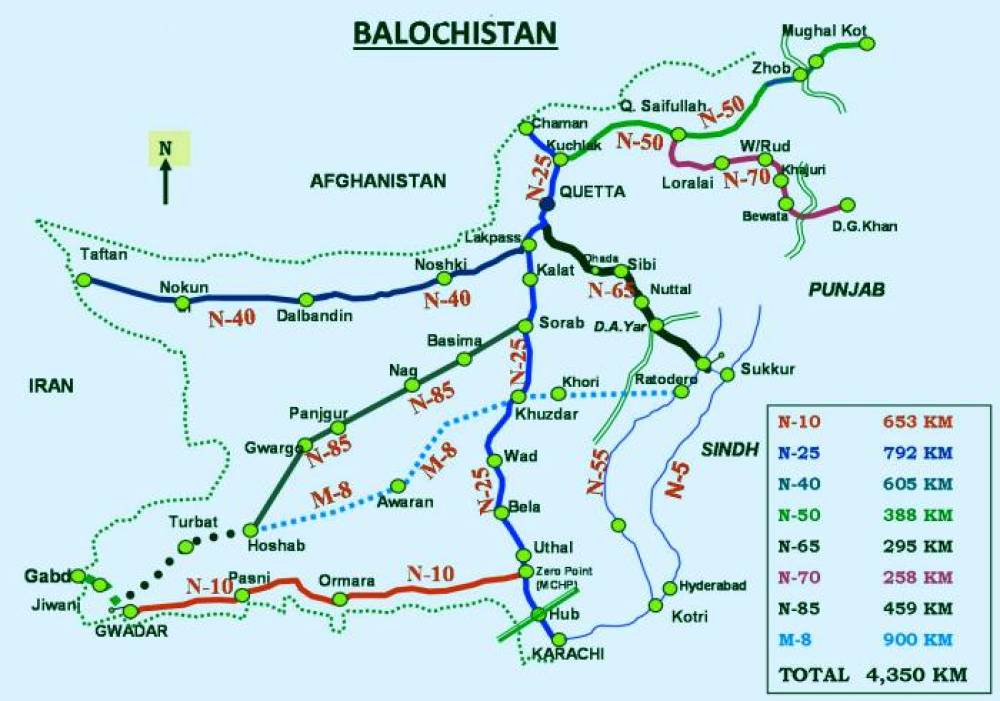
Islamabad | 22 May 2025 — Pakistan is witnessing a surge in separatist movements across several key regions, with rising demands for independence or greater autonomy from Balochistan, Sindh, and Gilgit-Baltistan. These developments are intensifying internal instability and posing a serious challenge to the federal government in Islamabad.
The most prominent of these movements is in Balochistan, where the Baloch Liberation Army (BLA) has stepped up its insurgent campaign. The mineral-rich province has long expressed grievances over political marginalization, economic exploitation, and military repression.
Earlier this month, militants hijacked the Jaffar Express in a bold show of defiance. Just days later, a tragic suicide bombing targeted a school bus in Khuzdar, killing three young girls and two army personnel. The attack drew international condemnation and underlined the deteriorating security situation.
Baloch leaders claim that Pakistan’s administrative control in the province is now limited to a few urban centers like Quetta, as rural areas increasingly fall under separatist influence. Razzak Baloch, a senior figure in the movement, declared that the region is "no longer under Islamabad’s effective control."
In Sindh, separatist sentiments have been revived under the banner of the ‘Sindhudesh’ movement. The Jeay Sindh Freedom Movement (JSFM) recently organized peaceful demonstrations across the province, demanding the release of missing Sindhi activists and calling attention to alleged human rights abuses by state authorities.
The roots of the Sindhudesh ideology trace back to the 1970s, inspired by Sindhi nationalist leader G.M. Syed. While the movement has remained largely non-violent, its persistence reflects deep dissatisfaction over cultural suppression and a lack of political representation.
Gilgit-Baltistan, strategically located near the China-Pakistan Economic Corridor (CPEC), has also seen increasing unrest. Though not overtly violent, residents have long called for greater political autonomy and constitutional clarity. The region remains in a legal limbo—administered by Pakistan but not fully integrated into the country’s federal structure.
Local activists argue that their voices are marginalized in national policy decisions, especially concerning development and environmental concerns related to CPEC projects.
Analysts warn that these separatist trends, if not addressed through meaningful political engagement, could threaten Pakistan’s internal cohesion. While the government continues to rely heavily on military operations to quell dissent, critics argue that this approach has only fueled further alienation.
“Pakistan’s unity cannot be preserved through force alone,” said a senior political analyst. “Without addressing the political, cultural, and economic grievances of its provinces, the state risks further fragmentation.”
As separatist leaders gain traction and civil unrest spreads, Pakistan’s central leadership faces mounting pressure to open channels for dialogue and reform. The path forward will require not only security measures but also a genuine commitment to federal inclusivity and democratic representation.